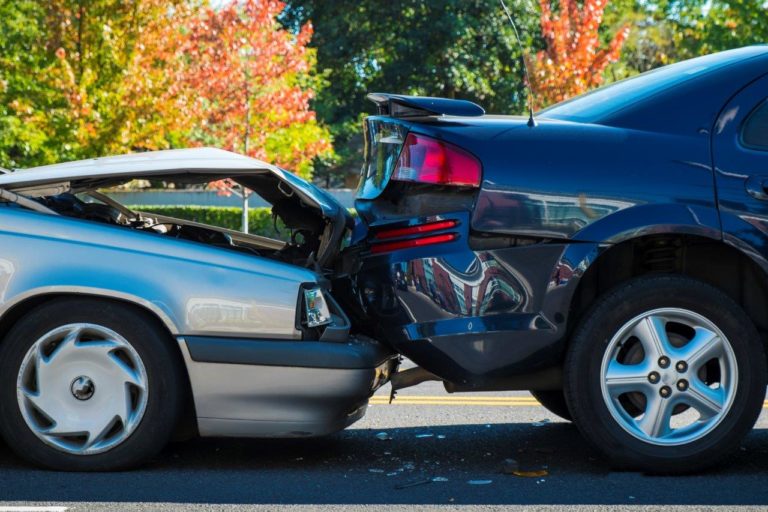According to the British Retail Consortium, the HGV driver shortage is reported to have increased over the last five years from 45,000 in 2016 to 76,000 today. Faced with the critical shortage of HGV drivers and lack of test appointments being identified as a key issue, the Department for Transport (DfT) had little choice but to review the current HGV licencing regime and find ways to make more driving tests available.
That recently led to the announcement by the Government that they are to make 50,000 more HGV driving tests available across England, Wales and Scotland through a two-pronged strategy of streamlining HGV testing and ending car trailer testing:
STREAMLINING HGV TESTING
Streamlining around 20,000 more HGV driving tests every year, means drivers can gain their licence and enter the industry more quickly. Key areas for change, leading to the freeing-up of HGV test places are two-fold.
HGV / Driver CPC testing
Learning and testing in an articulated vehicle or rigid plus trailer:
- Instead of having to learn to drive and pass a test in a large rigid lorry to earn a category C licence, before later being trained and tested to drive an articulated lorry to gain a category C+E licence, once the law changes (date to be confirmed), a driver will be able to learn to drive in an articulated lorry as soon as a provisional lorry licence has been granted and take a test in an artic without having to first pass a rigid lorry test
- On a similar note, instead of having to pass a test in a medium-sized lorry to earn a category C1 licence, before later being trained and tested to drive a medium sized lorry with a trailer attached to gain a category C1+E licence, once the law changes, a driver will be able to immediately learn to drive a medium-sized lorry towing a trailer and take a test towing a trailer, without having to first earn a category C1 medium sized lorry licence
- Similar changes have been announced regarding obtaining a licence to tow a trailer with a bus, coach or minibus
Driver CPC testing
- A full Driver Certificate of Professional Competence (CPC) is required if driving a lorry, bus or coach is to be the principal part of a person’s job – click here for more information
- There are four tests to pass to get a full Driver CPC. Part 1 is a Theory test, Part 2 is Case Studies, Part 3 is the Practical Driving test and Part 4 is the Driver CPC Practical Test (Vehicle Safety Demonstration)
- The Government’s streamlining plans relate to Part 3. The test is going to be split into two parts, Driver CPC part 3a (off-road exercises) test and Driver CPC part 3b (on-road driving) (effective date to be confirmed)
- The Driver and Vehicle Standards Agency (DVSA) will continue to provide the Driver CPC part 3b test, but the DVSA will, in the future, allow external driver training organisations to conduct the Driver CPC part 3a test. The person conducting the test cannot be the same person as the one who gave the training. The test will be to the same standard as previously
For more information, click here.
GOVERNMENT ENDS CAR TRAILER TESTING
Tests for car drivers wishing to tow a trailer came to an end on the 20th September 2021 and it’s estimated that ending trailer testing should allow examiners to conduct around 30,000 more HGV tests.
Car trailer testing
- Since 20th September 2021, you can no longer book or take a car and trailer driving test
- When the law changes in late Autumn 2021 (date to be confirmed), if you passed your car driving test on or after 1st January 1997, you’ll be allowed to tow trailers up to 3,500kg Maximum Authorised Mass (MAM)
- Next time a driver renews their photocard driving licence, the DVLA will automatically update their driving licence record to show that they’re allowed to tow trailers. They’ll do this by adding the category ‘BE’ to their driving licence
- For those issued with a driving licence prior to 1st January 1997, there is no change, as those licences include (as standard) the necessary ‘BE’ code, meaning they can drive a car and tow a trailer where the combined weight exceeds 3,500kg
- Despite these licence changes, drivers who wish to use their car to tow a caravan or horse box for the first time should consider attending a towing-familiarisation course
For more information, click here.
Safety concerns have been voiced over the perceived relaxation, particularly by vulnerable road user groups. Comfort should be taken from the fact that the DfT are unlikely to have made these changes lightly. Talk of a package of safety mitigation measures will provide some further reassurance.
It’s easy to get hung up on the nuances of the testing regime when in practice, passing an HGV driving test is only the first step towards becoming an experienced HGV driver. Insurers are unlikely to penalise drivers simply because of changes to the testing regime. What is unlikely to change very much is their attitude towards young and inexperienced drivers. A majority of HGV insurers, particularly those covering haulage fleets, have traditionally been reluctant to cover drivers under 25 and / or with less than two years’ relevant experience. ‘Time in the saddle’ will continue to be more important to an underwriter than the testing regime.
As a gesture to road transport operators in these challenging times, some insurers may be prepared to relax their requirement for two years’ relevant experience to a limited extent. What this means though is that it’s likely to be a significant period of time before the impact of the HGV test regime changes leads to an overall easing of the driver shortage.
Household names, such as the major supermarkets running very sizeable distribution fleets, may be the first to realise the benefits. They, from an insurance perspective (rather than the smaller haulage operators), traditionally found it easier to accommodate young and less experienced HGV drivers. In part, this is due to what are likely to be ‘non-conventional’ insurance programmes.
In due course, those newly qualified HGV drivers will, after a couple of years’ experience with a substantial distribution fleet, be better placed to move perhaps to a more local haulage company whose fleet is insured with a company that’s only willing to insure experienced drivers. So perhaps there is some light at the end of the tunnel for the mega-fleet operators, but there’s probably still a long wait ahead before most haulage companies enjoy an easing of the driver shortage.
To discuss your motor fleet insurance needs, contact the Chartered brokers at Hine on 01614380000.





